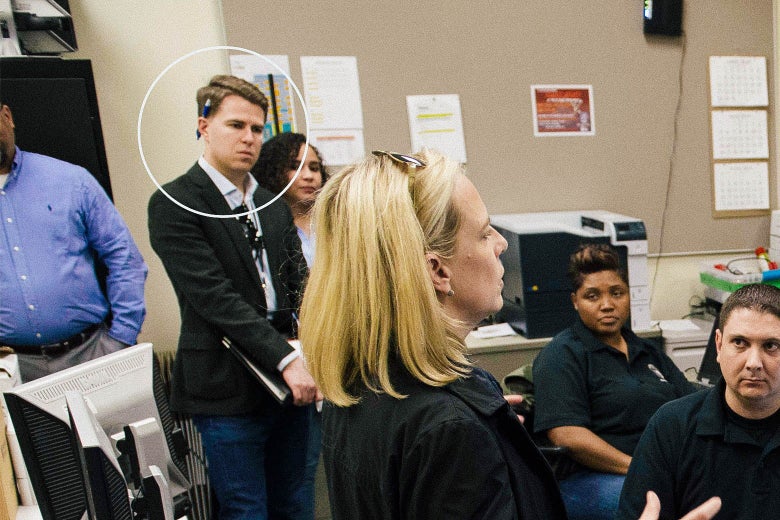by The San Diego Union-Tribune Editorial Board
Two years after local judge’s order, White House still showing bad faith on family separations
The Trump administration’s steamrolling of standards of common sense and common decency has been on relentless display in recent months. It has hindered mail voting by interfering with postal operations and removed the chief scientist at the National Oceanic and Atmospheric Administration — for the supposed sin of reminding political appointees of NOAA’s formal commitment to scientific integrity on issues starting with climate change.
But there’s one policy that’s back in the news that may be remembered as the single cruelest adopted under President Donald Trump: the practice of separating children from their migrant parents at the U.S.-Mexico border when they were apprehended attempting to enter the U.S. illegally or in some cases when they sought asylum.
White House claims that this was done in the best interests of the 5,500-plus children who were taken from their parents beginning in El Paso, Texas, in 2017 have always been lies. Instead, this was straight out of the playbook of Trump aide Stephen Miller: discouraging would-be immigrants to the United States by any means possible, regardless of whether it took a brutal human toll.
Now court documents released this week show that more than two years later, the Trump administration still is not complying with local federal Judge Dana M. Sabraw’s June 2018 ruling issuing a national injunction against the family separation policy and requiring that families be reunited within 30 days. The documents showed the federal government had been unable to locate the parents of 545 detained children despite Spanish-language radio ads being aired in Mexico and Central America and the efforts of investigators who have traveled to Guatemala and Honduras in search of public records to establish links to the kids. There are another 422 children who are not seen as eligible for reunification because of their parents’ criminal records or health issues. There are also 104 children for whom officials simply have no contact information.In hindsight, there are obvious reasons why some parents of the 545 children might be hard to locate. As The New York Times reported, some parents may believe that their children are better off in the U.S. with relatives and family friends who have taken them in. And some young children might be unable to remember or share details about their parents that would help U.S. authorities locate them.
But that gets to the arbitrary way the policy was implemented. There is no evidence that border agents who separated kids from parents made a consistent effort to get information from the parents that would make future unification a straightforward process. Record-keeping has been an after-thought. When Sabraw’s order was issued 28 months ago, the government said it applied to 2,700 cases. Now the number has been found to be more than double that. This fuzziness is why Sabraw also ordered the federal government in 2018 to set up a database to track families detained at the border. A recently released affidavit from the Customs and Border Protection agency said the database won’t be fully functional until 2022. It’s hard to believe this delay isn’t one more sign of the Trump administration’s bad faith — or that another president wouldn’t do more to scrub this stain from history.
The family-separation policy should be remembered by all so it’s never repeated — and recalled by voters so they don’t return Trump to office.






